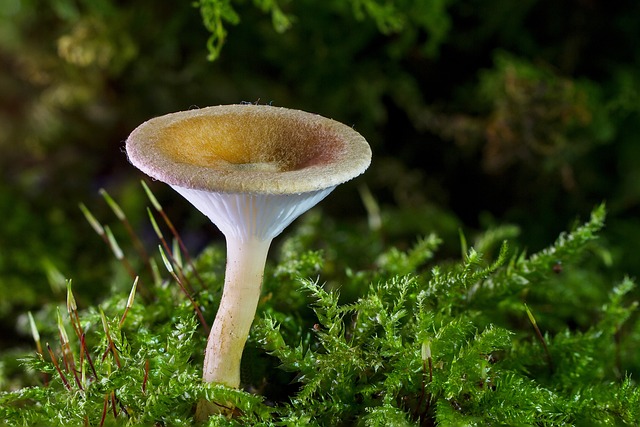Probiotics 101: A Beginner’s Handbook for Gut Health
What Are Probiotics?
Probiotics are live bacteria and yeasts that are good for your health, especially your digestive system. They are often referred to as “good” or “friendly” bacteria because they help maintain a healthy balance of microorganisms in your gut. These microorganisms are essential for optimal digestion and overall gut health.
Why Are Probiotics Important?
The human gut is a complex ecosystem that houses trillions of bacteria, both good and bad. When the balance of these bacteria is disrupted, it can lead to various digestive issues, such as bloating, constipation, or diarrhea. Probiotics help restore this balance by replenishing the good bacteria in your gut, promoting overall gut health.
The Benefits of Probiotics
1. Improved Digestion: Probiotics play a vital role in breaking down and absorbing nutrients from the food you eat. They help improve overall digestion and prevent common digestive problems like irritable bowel syndrome (IBS) and inflammatory bowel disease (IBD).
2. Enhanced Immunity: Your gut is closely linked to your immune system. By maintaining a healthy gut flora, probiotics support a robust immune response. They help prevent the growth of harmful bacteria, reduce inflammation, and strengthen your body’s defense against infections.
3. Mental Health and Mood: Believe it or not, your gut health can affect your mental well-being. Probiotics have been found to have a positive impact on mental health by reducing symptoms of anxiety, depression, and overall stress levels.
4. Healthy Skin: The balance of bacteria in your gut can also affect the condition of your skin. Probiotics help reduce inflammation and improve skin conditions like acne, eczema, and rosacea.
Sources of Probiotics
Probiotics can be found in various fermented foods and supplements. Here are some common sources:
1. Yogurt: Yogurt is one of the most well-known sources of probiotics. Look for yogurts that mention “live and active cultures” on the label.
2. Kefir: Kefir is a fermented milk drink that contains a combination of bacteria and yeasts. It is known for its strong probiotic properties and is a great alternative to yogurt.
3. Sauerkraut: Sauerkraut is fermented cabbage that is high in probiotics. Opt for unpasteurized sauerkraut to reap the full benefits.
4. Kimchi: Kimchi is a Korean side dish made from fermented vegetables. It is rich in probiotics and adds a punch of flavor to your meals.
5. Kombucha: Kombucha is a fermented tea that contains a variety of probiotics. It is available in many flavors and can be a refreshing and healthy beverage choice.
6. Probiotic Supplements: If getting enough probiotics from food sources is a challenge, you can opt for probiotic supplements available in capsule, tablet, or powder form. Make sure to choose a high-quality brand with a variety of strains.
Include Probiotics in Your Diet for a Healthy Gut
Now that you understand the benefits and sources of probiotics, it’s time to incorporate them into your diet for a healthy gut. Try to consume at least one probiotic-rich food or supplement daily. Experiment with different sources to find what works best for you and consult with a healthcare professional if you have any specific health concerns.
Remember, consistency is key when it comes to reaping the benefits of probiotics. Make them a part of your daily routine, and your gut will thank you!
Conclusion
Probiotics can have a significant impact on your gut health and overall well-being. By including probiotic-rich foods or supplements in your diet, you can support a healthy digestive system, boost your immunity, improve your mental health, and enhance your skin condition.
Take the first step towards a healthier gut today by introducing probiotics into your daily routine!







